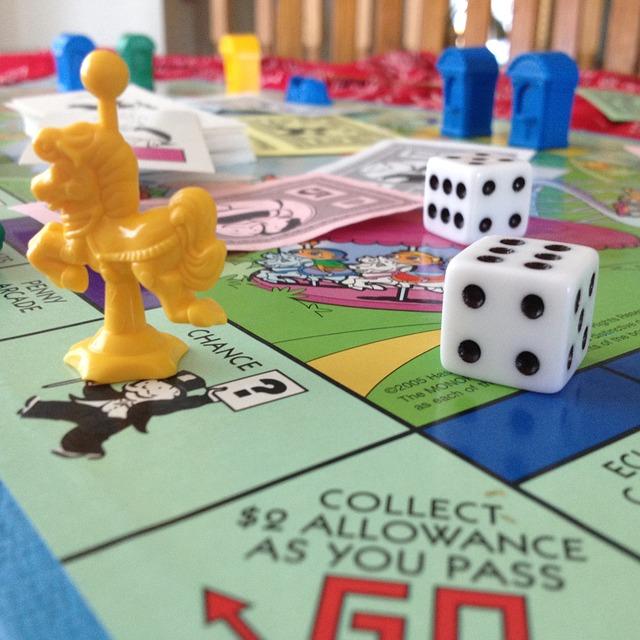Monopoly Game: Is it Anti-Capitalist?
Monopoly Game
June 4, 2015
There have speculations that have often centered on the true meaning behind Monopoly, the board game that is based on the acquisition of wealth. While many may say it centers on one’s ability to topple over others using financial strategies, some claim that it is this reasoning that makes this a center that revolves around the dangers of a flexible capitalist market. In other words, from the eyes of some, the board game known as Monopoly serves as a constant warning on the consequences of capitalism and the harm that it brings. Moreover, it may be a reminder of how screwed up Capitalism can be towards the majority.
As you gaze down the game board along with your friends, thoughts of destruction and financial ruins begin to rush into your mind. The game later becomes synonymous with sorrow, treachery, and Machiavellian schemes as you attempt to snatch land, power, and currency away from your opponents; the game comes to an absolute end when one person reigns above the others. After such an event, tensions may build up between the players despite the game ending. With these points in mind, one can see why some may claim that Monopoly harbors an anti-Capitalist sentiment.
In 1903, Lizzie Maggie applied to the US government for a patent on a game she had designed. Called “The Landlord’s Game”, it featured a board that was filled with pricey neighborhoods, railroad tracks, and land lots for sale. Going further, it is often seen as the original Monopoly, and it is from here people claim that the modernized version has gotten its roots from. As for the anti-Capitalist sentimentality, Lizzie Maggie was a prominent Georgist, an ideology that stems and revolves around the implementation of a single tax on the rich and the distribution of wealth based on the natural source and the work that is done, which made such views appeal to the average worker burdened at the time with the demands of society. Due to the notion at the time that women couldn’t register for patents, her game was ultimately robbed of ownership by further innovators and was subsequently made into Monopoly by Charles Darrow.
With that in mind, it may make sense to some people that the anger and the tension that is driven by greed and power, upon playing Monopoly, is a consequence that the original version had meant to bring. A game that is vastly popular in the US, such thing is rather ironic if the game truly stems from an Anti-Capitalist mentality. A game in which the rise of one depends mainly on the fall of others, Monopoly is a game worth playing, and worth taking note on.

